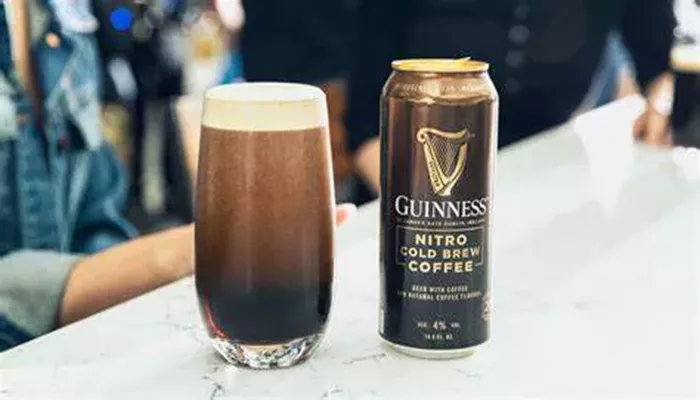Ginger beer, a non-alcoholic carbonated beverage known for its spicy-sweet flavor, is gaining significant market traction worldwide. Made by fermenting ginger, sugar, and water with a natural “ginger bug” culture of yeast and bacteria, the drink undergoes a fermentation process lasting from several days to weeks. The result is a refreshing, sharp, and cloudy beverage that has become a popular mixer in cocktails and a favored alternative to traditional soft drinks.
According to recent market analysis, the global ginger beer market was valued at USD 5.2 billion in 2023 and is projected to grow to USD 9.64 billion by 2032, at a compound annual growth rate (CAGR) of 7.1% from 2025 to 2032. North America is currently the largest market for ginger beer, driven in part by the growing popularity of the drink in the United States. Europe and the Asia Pacific regions also follow closely in market share, with the latter expected to experience significant growth in the coming years. The increasing consumer demand for natural and healthy beverages, particularly in countries like China and India, is seen as a key factor propelling this growth.
Market Segmentation
The ginger beer market is segmented into several categories based on product type, flavor, packaging, distribution channels, and application:
- Product Type: Non-alcoholic and alcoholic ginger beer
- Flavors: Original/traditional, flavored, and spicy/extra ginger
- Packaging: Bottles, cans, and kegs
- Distribution Channels: Supermarkets/hypermarkets, online retail, specialty stores, bars and restaurants, and convenience stores
- Applications: Retail and catering
- Regions: North America, Europe, Asia Pacific, Latin America, and Middle East & Africa
Regional Insights
The ginger beer market is experiencing diverse growth across different regions. North America, including Canada, Mexico, and the U.S., remains the dominant market. Europe, with key players in the United Kingdom, Germany, and France, holds a significant share as well. The Asia Pacific region, encompassing countries like China, Japan, and India, is expected to witness rapid growth, driven by an increasing preference for healthier beverages. Meanwhile, markets in Latin America and the Middle East & Africa are also showing promise, though at a slower pace.
Leading Market Players
Some of the key players driving the ginger beer market include:
- Bundaberg Brewed Drinks (Australia)
- Fever-Tree (United Kingdom)
- Fentimans (United Kingdom)
- Crabbie’s (United Kingdom)
- Rachel’s Ginger Beer (United States)
- Goslings (Bermuda)
- Reed’s Inc. (United States)
- Maine Root (United States)
- Bruce Cost Ginger Ale (United States)
- Q Mixers (United States)
These companies continue to innovate and expand their product offerings to meet the growing demand for ginger beer, which has proven to be a versatile and refreshing alternative in the beverage industry.
Market Dynamics
The ginger beer market’s growth is influenced by several factors, including rising consumer interest in natural, low-calorie, and health-conscious beverages. Additionally, the increasing preference for mixers in cocktails is supporting the demand for ginger beer in bars and restaurants. However, challenges such as fluctuating raw material costs and competition from other soft drink alternatives could impact market expansion.
Future Outlook
Looking ahead, the ginger beer market is set to benefit from the growing trend toward sustainability, with consumers seeking beverages that align with their eco-friendly values. The ongoing adoption of advanced technologies and digital platforms is also expected to enhance market accessibility and consumer engagement. As innovations continue to shape the industry, the global ginger beer market is likely to experience continued growth and diversification.
You Might Be Interested In:


